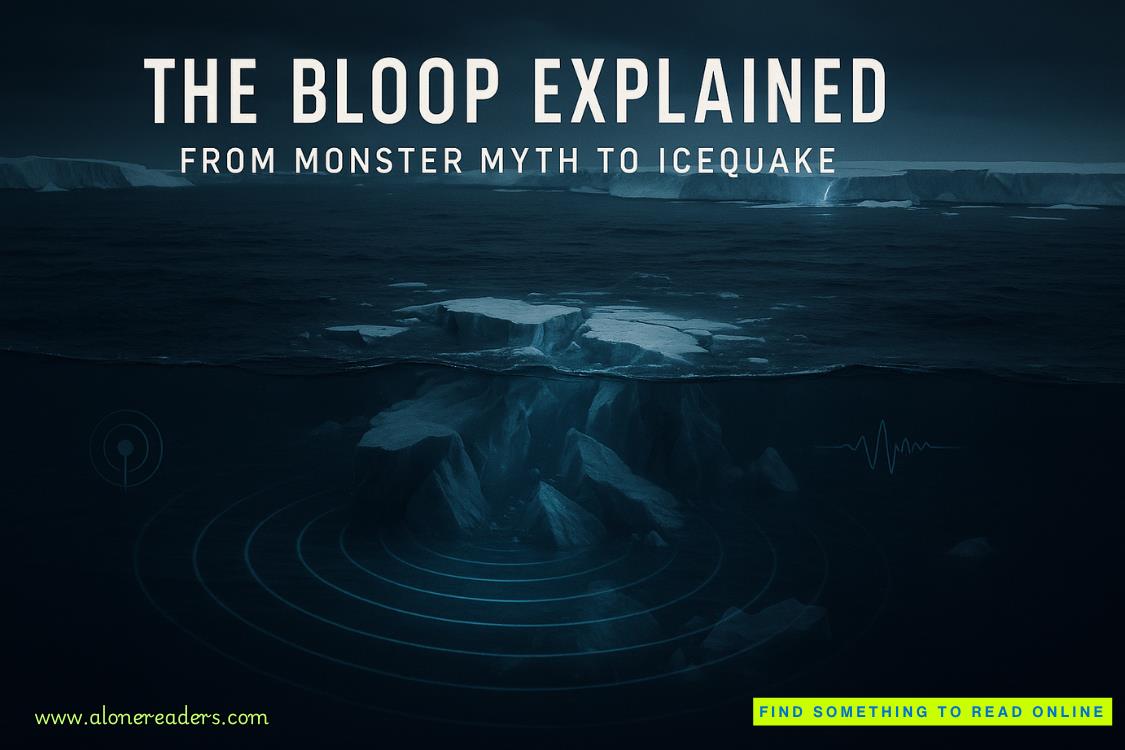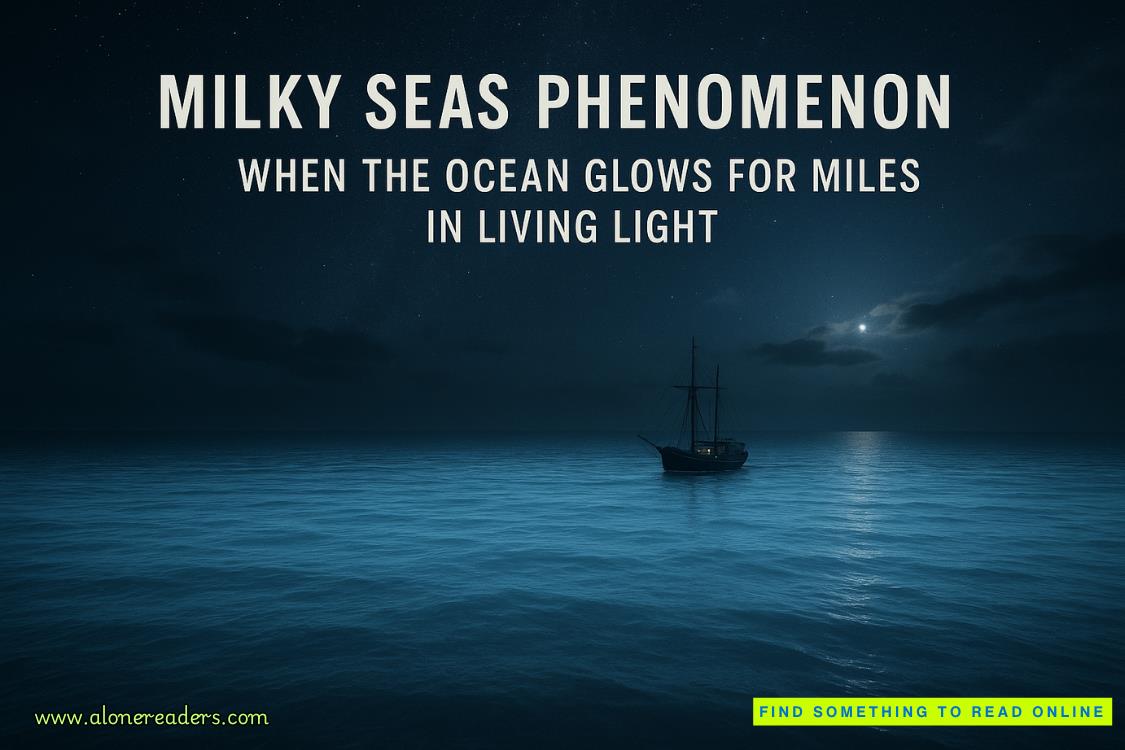Page 82 of The Shadow Key
‘It seems curious to form a club of political and economic interests so far away from Westminster.’
Julian raises his dark eyebrows. ‘An acute knack indeed. I did not state the nature of the club, and yet …’
‘Forgive me,’ Henry says, careful now. ‘I only meant that such clubs as I’ve heard of – back in London, that is – tend to be located where the influence of political power is at its strongest. Penhelyg, being so remote—’
‘Location in this instance matters not. You see, members of our little group, being of similar mind, are therefore not restricted to London’s social circles.’
‘But Dr Beddoe is not in your social circle.’
Here Julian shouts out a laugh.
‘I did not think you so high-flown! It is not social status that counts in this case, but what knowledge one might bring to the table.’
‘And what knowledge does Dr Beddoe bring?’
Julian stares. ‘That, my boy, is between me and him.’
Henry tries to mask his frustration. He has become too eager, too fast. He must find a way to claw back the upper hand.
‘I did not mean to pry, sir, but I confess myself intrigued. What philosophy of thinking do you prescribe to? Does it have anything to do with the theme of your library?’
Henry knows it does, of course, but he wants to see what Julian might confess to. Indeed, that man watches him now, index finger against his lip, as if deciding what information to share and what to hold back. At length he says, ‘Are you familiar with alchemy, Henry?’
‘I understand the concept, yes.’
‘Then you will know that in the ancient world it was widely believed that if one were to invoke the powers of alchemy, it was possible to transmute all metals into gold.’
Henry stares, not quite sure how to respond, and in the face of it Julian smiles.
‘I speak of how something might transform from one state to another, how a man of lesser means might rise to a higher plane. Do you believe in transmutation?’
It takes Henry a moment for him to construct his next words.
‘I believe we can better ourselves, certainly, but only through hard labour and learning. I do not think our state can be altered by spiritual influence.’
Surely the man cannot believe in such nonsense? For all Julian Tresilian’s failings, Henry took him for a man of sense. He thinks of Philip, Duke of Wharton, of Francis Dashwood’s Monks. They merely flouted sacrilegious notions as a means for harmless entertainment, but this lays claim to something more serious. Henry glances down at Julian’s ring. Was the strange curling symbol on the signet an icon linked to alchemy? Henry asks him outright. Julian inclines his dark head.
‘The symbol is merely a sigil that we connect to,’ the older man replies smoothly. ‘That is all.’
He had hoped for a more fruitful response, but for all Julian Tresilian’s earlier transparency, there is a measure of reserve in this last, and this lack of satisfying answer makes Henry bold.
‘Might I see inside the book? I’d be very interested to know more.’
‘I’m afraid not,’ Julian replies, swift as knives. ‘The book is inordinately valuable, so cannot be handled.’
‘I see.’
The older man smiles without warmth at Henry’s obvious disappointment. Almost deliberately Julian runs a fingernail across the face of the pocketwatch, still sitting in his open palm, before handing it back.
‘If you’ll excuse me, I must ring for Powell. A dinner to arrange.’
Henry blinks. ‘A dinner?’
‘To welcome you to Penhelyg.’
‘Oh,’ Henry says, shaking his head. He cannot think of anything worse. ‘There really is no need.’
‘But there is,’ Julian says, the smile widening, splitting his face like a cut. ‘There most certainly is.’















